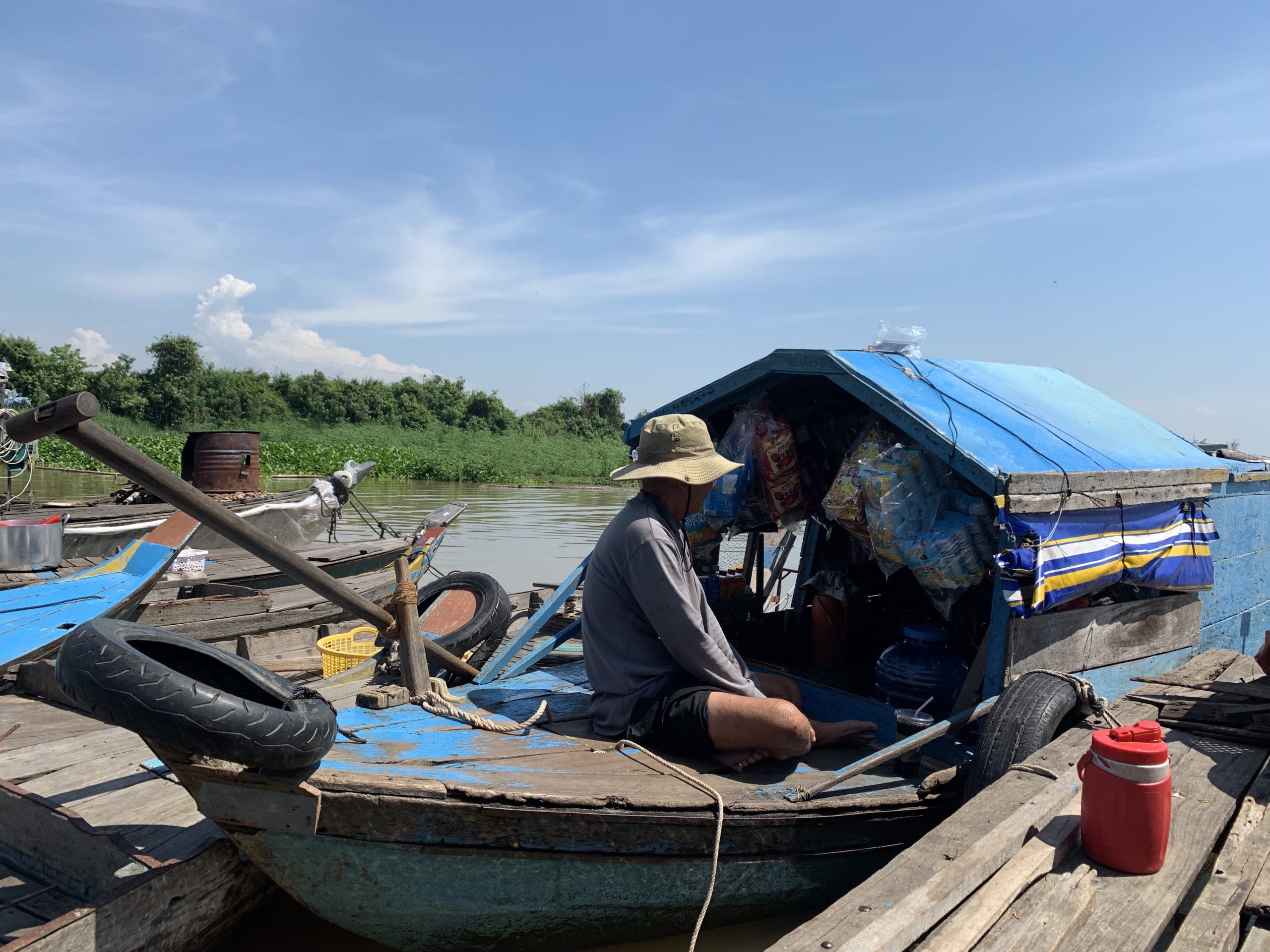1. Citizenship Law
a. Jus Sanguinis and Jus Soli Provisions
The Federal Constitution of Malaysia regulates citizenship in Malaysia through the combination of both jus soli and jus sanguinis structures. While children born in Malaysia to one citizen parent or one parent with permanent residence gain automatic citizenship by descent, children born to a foreign citizen in Malaysia are not eligible for automatic citizenship unless they would otherwise be stateless. For children born out of wedlock, the child may only gain citizenship by descent from the mother, with the father’s nationality being irrelevant in this case. Malaysia’s citizenship legislation does not provide a definition of a stateless person nor does it explicitly mention statelessness.
Malaysia’s citizenship legislation contains gender- discriminatory provisions. While a child born in Malaysia to one citizen parent will gain citizenship by descent, a child born outside Malaysia must be born to a citizen father in order to gain citizenship by descent, meaning they cannot gain citizenship through their mother even though they would if they were born in the territory.
b. Naturalized Citizenship
Apart from obtaining citizenship by operation of law, a person may also acquire citizenship through the naturalization process in Malaysia. The government may, upon application made by any person over the age of twenty-one years who is not a citizen, grant a certificate of naturalization to that person, subject to the fulfillment of certain requirements. In order to be eligible, one must have been resident in Malaysia for ten of the twelve years before application, be of good character, and have adequate knowledge of the Malay language. While stateless persons could be eligible for naturalized citizenship, there is no simplified or expedited procedure for stateless persons or refugees.
c. Dual Citizenship
Malaysian citizenship legislation does not recognize dual citizenship. A Malaysian citizen wishing to gain another country’s citizenship may renounce their Malaysian citizenship. For a foreign citizen who wishes to gain Malaysian citizenship by naturalization, there are no provisions stipulating the process of renunciation of foreign citizenship.
2. Treaty Ratification Status
Malaysia has a comparatively low ratification rate of the treaty bodies relating to statelessness. The country has not ratified any of the relevant treaties other than the CRC and CEDAW, to which it made reservations on provisions relating to statelessness. Malaysia notably has yet to ratify the 1954 Convention relating to the Status of Stateless Persons, the 1961 Convention on the Reduction of Statelessness, the 1951 Refugee Convention and its 1967 Protocol, the ICCPR, ICESCR, and ICERD. On the CRC, Malaysia made a reservation to Article 7, which ensures that every birth in the territory is registered immediately as well as protects the right of children to acquire a nationality. However, Malaysia did not make a reservation to Article 8 of the CRC which stipulates that, “every child has the right to preserve his or her identity, including nationality”. It has been argued by the UN Secretary General that arbitrary deprivation of nationality can include arbitrarily preventing someone from obtaining or keeping their nationality. This would result in Malaysia being required to ensure the timely acquisition of Malaysian citizenship for children who would otherwise be stateless in its territory. Malaysia has also made a reservation on Article 9(2) of CEDAW, which stipulates that State parties shall grant women equal rights with men concerning the nationality of their children.
The CRC Committee recommended in its concluding observations in 2007 that Malaysia ensure birth registration for those at risk of non-registration, including non-Malaysian children (especially asylum-seeking and refugee children and children born to undocumented parents), children of single mothers, and children born in remote areas. The Committee also expressed concerns regarding the absence of legal protections for refugee and asylum-seeking children, particularly in relation to being subject to detention, prosecution, imprisonment, and deportation. Further, the Committee is concerned with the lack of access to formal education for these children, which includes “Rohingya refugee children who have lived in Malaysia since [the] 1990s”.
In 2018, the CEDAW Committee recommended in its concluding observations that Malaysia amend provisions of the Federal Constitution that deny women equal rights as men to confer nationality to their children.
| Country | Stateless 1 | Stateless 2 | Refugee | ICCPR | ICESCR | ICERD | CRC | CEDAW |
|---|---|---|---|---|---|---|---|---|
| Malaysia |



